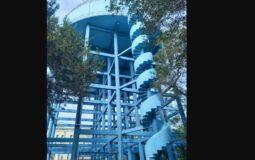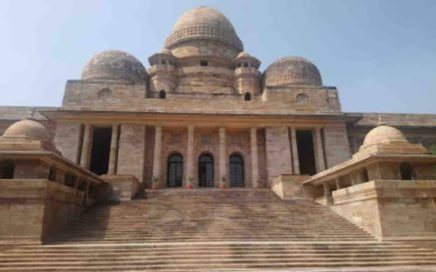
Nagpur: The Nagpur Municipal Corporation (NMC) has withdrawn the controversial e-tender issued for installing hoardings on city footpaths, following a public interest litigation (PIL) filed by Madhukar Kukde, President of Citizen Forum for Equality. The PIL raised serious concerns about widespread encroachments on footpaths across the city, posing risks to pedestrian safety and leading to frequent road accidents.
During the hearing, Advocate Jaimini Kasat, representing the NMC, informed the High Court that the e-tender challenged in the petition had already been cancelled. The court was also assured that an affidavit confirming this action would be submitted within a week. Following this, the High Court postponed further proceedings.
Previously, the court had remarked that even if the NMC had framed a policy and submitted it for the court’s consideration, no such policy could override existing laws.
Policy vs. Law: Conflicting Opinions
Senior Advocate S.K. Mishra, representing the NMC, argued that the municipal advertisement policy framed in 2001 and accepted by the court allowed for hoardings on footpaths. He contended that the 2022 advertisement policy introduced by the state government does not nullify the earlier court-approved provisions.
On the other hand, Advocate Tushar Mandlekar, appearing for the petitioner, opposed the tender process, asserting that footpaths are meant for pedestrians and not for commercial advertising. He emphasized that the recent tender clearly violated public interest and legal norms.
Details from the Affidavit
According to NMC’s affidavit, the e-tender issued on December 4, 2024, had identified 78 locations where advertisements were to be placed on hoardings 15 feet above ground level on one side of the footpath—ostensibly to avoid obstructing pedestrians.
Before issuing the tender, the NMC had formed a committee on March 4, 2024, under the chairmanship of the Deputy Commissioner to assess whether such hoardings would cause inconvenience. The committee submitted its findings to the administrator, who then approved the tender on March 15.
However, the High Court noted that such a provision lacks clear legal backing, thus rendering the tender process issued on December 4, 2024, invalid.














